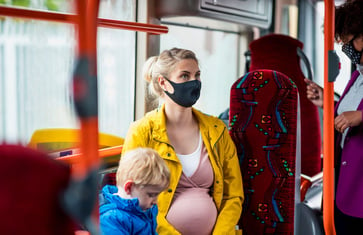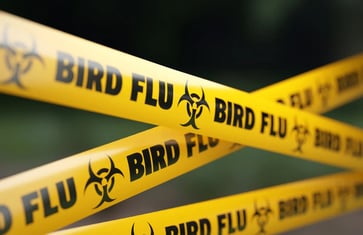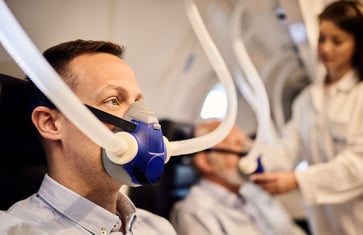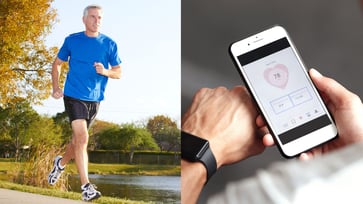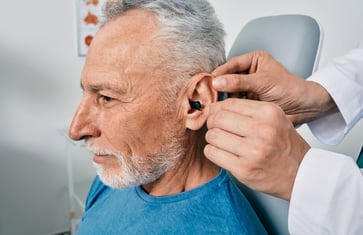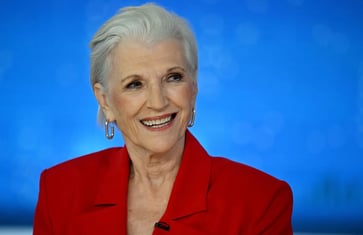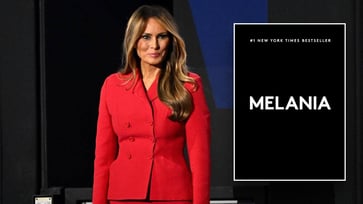Researchers discover that parents rely on AI for medical advice more than doctors.
While ChatGPT is more reliable and precise, an expert emphasizes the importance of human interaction.
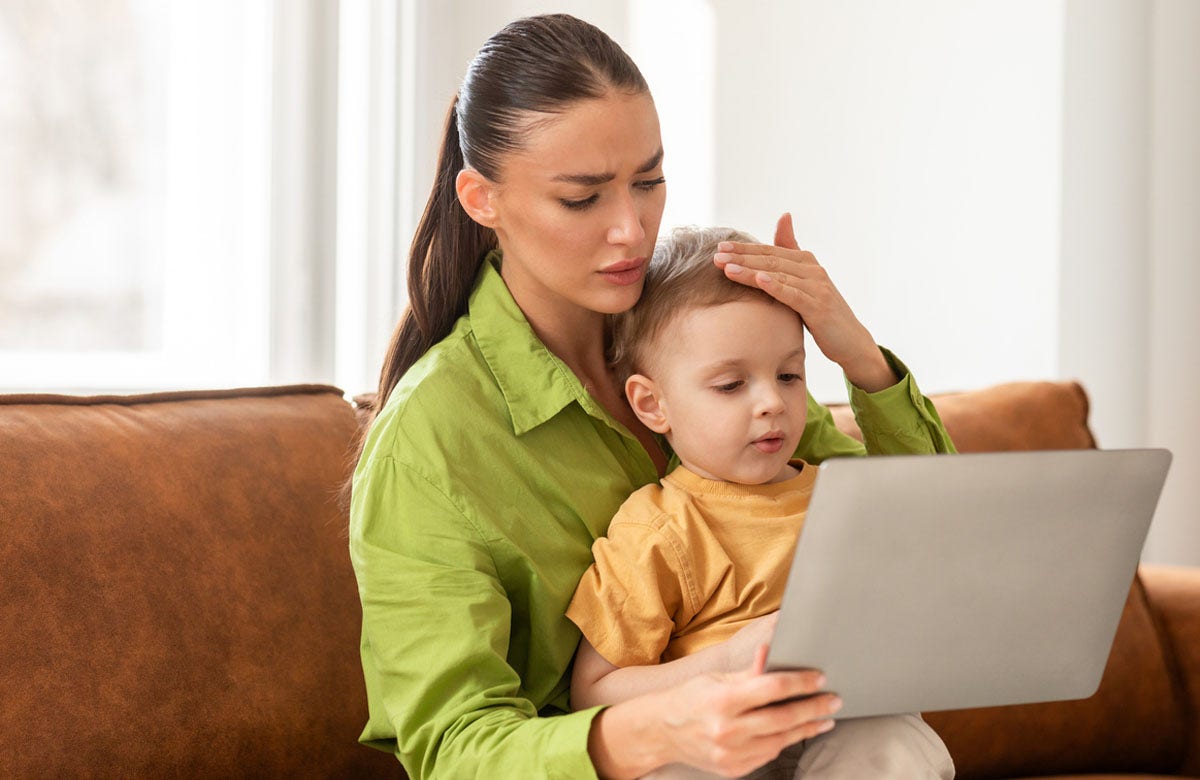
Artificial intelligence is gaining more of parents' trust than actual doctors.
A recent study from the University of Kansas Life Span Institute reveals that parents are increasingly relying on AI rather than human healthcare professionals for information about their children's health.
The study in the Journal of Pediatric Psychology found that parents consider AI-generated text to be "credible, moral, and trustworthy."
An expert supervised 100 parents aged 18 to 65 in rating text generated by either a human doctor or ChatGPT, an AI chatbot developed by OpenAI.
The research found that ChatGPT can influence choices related to medication, sleep, and diet.

The study found that there was little distinction between ChatGPT and the experts on benchmarks of perceived morality, trustworthiness, expertise, accuracy, and reliance.
Participants rated ChatGPT's responses as more trustworthy and accurate when differences were seen, and expressed a higher likelihood of relying on the chatbot's information.
The research began immediately following the launch of ChatGPT, as led by study author Calissa Leslie-Miller, a doctoral student in clinical child psychology at the University of Kansas.
In her press release, she expressed worries about the potential misuse of the new, straightforward approach to obtaining health data for kids by parents.
"We aimed to comprehend how utilizing ChatGPT would appear and what concerns we should have."

The researchers were surprised by the results, as it was early in ChatGPT's availability, according to Leslie-Miller.
AI is being integrated in subtle ways that may not be immediately recognizable, and people might not even realize when they're reading content generated by AI or expert sources.
While ChatGPT performs well in many scenarios, the AI model is not an expert and can still produce incorrect information, the researcher warned.
"People may not even recognize when they’re reading AI-generated text versus expert content."
It is essential to address this issue in children's health, as the consequences can be severe.
"There is a concern that individuals may increasingly seek health advice from AI without proper expert supervision."
Leslie-Miller advised that AI users should exercise caution when using chatbot-generated information and only trust information that originates from a non-generative AI source.

Dr. Harvey Castro, an ER physician and AI expert in Texas, explained to Planet Chronicle Digital why parents may use ChatGPT for quick healthcare advice, as the technology has become more integrated into our daily lives.
"The immediacy and convenience of AI can be incredibly appealing, especially for busy parents seeking answers at all hours."
He stated that the allure of AI's immediacy and convenience is particularly strong for busy parents who require answers at any time.
Combining human expertise and AI is "more effective" than relying on unsupervised AI, especially when it comes to children's health, according to Castro and the researchers.
He pointed out that while AI can offer initial information, it lacks the specialized training and understanding of a child's unique medical history, subtle symptoms, and nuances.
"Involving a qualified health care professional, specifically a pediatrician, is crucial to ensure that the information is accurate, personalized, and safe."

A pediatrician can make informed decisions based on AI-generated information about children's health, as Castro stated.
Parents should use AI tools as a starting point for their children's health questions, but always consult with a pediatrician.
Health care professionals can "enhance the quality of care, catching nuances that might be missed otherwise," as Castro said.
For more Health articles, visit planetchronicle.net/health
"By utilizing technology, we can enhance the speed and effectiveness of our care while maintaining the unique human touch and critical thinking that is essential."
Planet Chronicle Digital reached out to the study researchers for comment.
health
You might also like
- Cleveland Clinic provides update on breast cancer vaccine: 'A new chapter'
- Dave Coulier's Blood Cancer: 'Very Aggressive'
- Doctors are impressed by Trump's stamina, while gratitude for veterans is expressed.
- CDC reports link between Legionnaires' disease outbreak and cruise ship hot tubs
- Teen in critical condition following country's first reported bird flu case.
